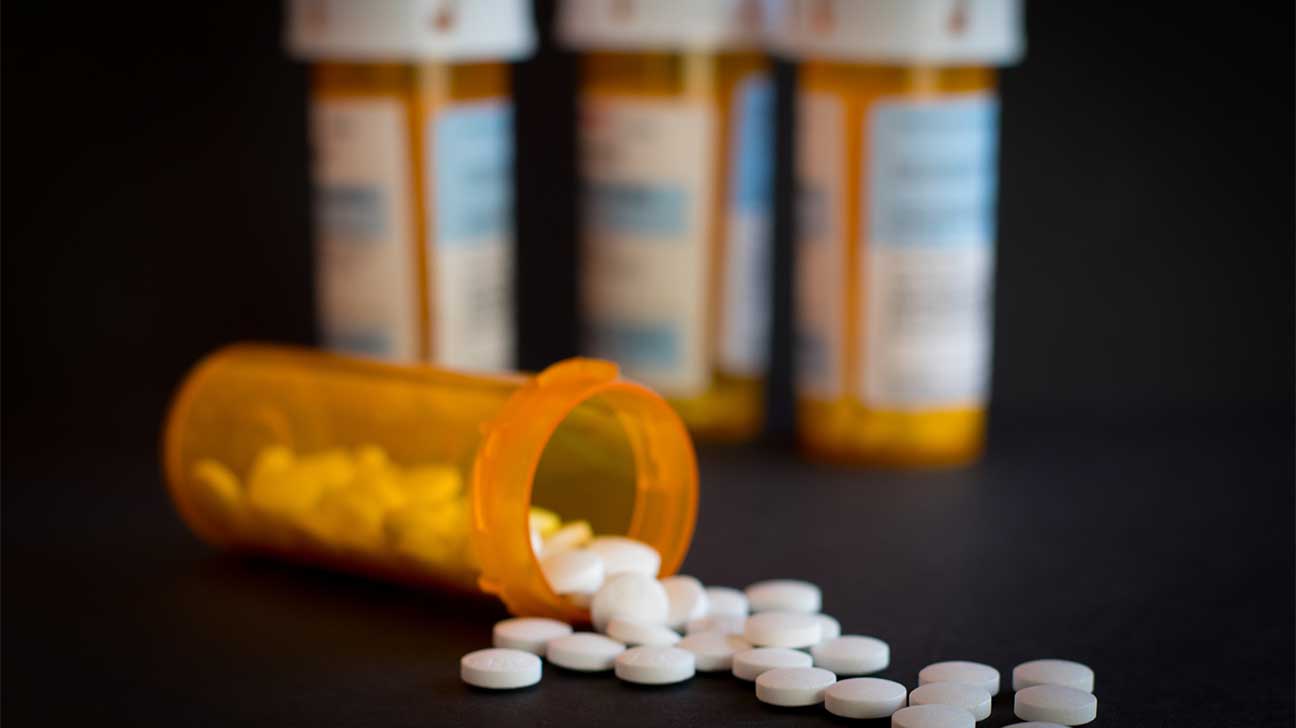
Prescription drug abuse is a term used to describe the use of prescription medication in a way not intended or prescribed by a qualified physician. Prescription drug abuse may include dangerous methods of using these substances by snorting, injecting, or smoking them.
Prescription drug abuse is a common problem in the United States, affecting all age groups, including young adults. The most commonly abused prescription drugs include opioid painkillers, anti-anxiety medications, sedatives, or stimulants.
Commonly abused prescription drugs include:
- benzodiazepines (Valium, Ativan, Xanax)
- sleep medications (Ambien, Sunata, Lunesta)
- opiate painkillers (Percocet, oxycodone, Oxycontin, Vicodin, hydrocodone)
- amphetamines (Adderall)
Substance abuse may lead to habitual and compulsive misuse of prescription medications, despite dangerous side effects and risks involved.
It may not be easy for friends and loved ones to identify the effects of prescription drug abuse, especially in cases where an addicted individual hides their use.
However, identifying early signs and intervention may help prevent prescription drug abuse from turning into an addiction.
Learning the common signs of prescription drug abuse may help loved ones intervene at an early stage of prevention:
1. Taking Prescription Drugs Without A Prescription
Individuals who take prescription drugs without a prescription are doing so at great risk of developing side effects, dependency, and addiction.
Federal laws prohibit the buying of controlled substances such as pain relievers, sedatives, or stimulants without a valid prescription. Using prescription medications without a prescription is not only dangerous, but illegal.
Many state laws require that prescription medications are taken with a valid prescription by a qualified doctor, and after completing a physical examination.
Anyone who uses prescription medication outside of the oversight of a physician should be considered as potentially suffering from substance use disorder.
2. Behavioral Changes
At the first stages of dependency and addiction, behavioral signs of prescription drug abuse may be subtle.
Family members and loved ones may gradually notice changes in an individual’s mood, priorities, physical condition, and involvement in personal and professional obligations.
As an individual continues to abuse prescription drugs, behavioral changes become more apparent.
Behavioral signs of prescription drug abuse might include:
- refilling prescription medications frequently
- using a higher dose of medication than recommended or prescribed
- switching doctors, or doctor shopping, in order to get multiple prescriptions
- obtaining prescription drugs through illegal means
- abusing prescription drugs by snorting, smoking, or injecting
Prescription medication addiction comes with associated financial costs. Addiction is costly, as many people who abuse substances spend half of their monthly income on drugs. Individuals who abuse prescription medications may steal or hide funds used to cover their expenses.
3. Physical Symptoms Of Addiction
Many individuals become addicted to prescription medications after receiving a prescription from a trusted physician, while others become addicted by using these drugs recreationally.
In both cases, the habitual use of prescription medications may lead to physical dependence and addiction.
People who become addicted to prescription medications may develop associated physical symptoms of addiction.
While symptoms vary depending on the type of drug, some common symptoms of prescription drug addiction include:
- mood swings
- irritability
- changes in appetite
- weight loss or gain
- changes in sleeping habits
- increased anxiety or depression
- impulsivity
- slurred speech
- drowsiness
- neurological symptoms such as confusion, memory loss, dizziness
- withdrawal
4. Withdrawal Symptoms Of Prescription Drugs
Withdrawal symptoms caused by prescription medications occur when an individual who has become chemically dependent or addicted to a drug suddenly stops taking it.
Withdrawal symptoms may occur as the brain and body struggle to adapt to chemical changes. This can happen when an addicted individual forgets to take a medication, or simply cannot acquire more of the drug.
Some common withdrawal symptoms of prescription drug abuse include:
- restlessness
- insomnia
- diarrhea
- shakiness
- agitation
- sweating
- hallucination
- depression
- tiredness
- increased body temperature
5. Drug-Seeking Behavior
Drug-seeking behavior is characterized by a person’s overwhelming urge to use prescription medications, leading to manipulative, impulsive, and other high-risk behaviors.
People who become dependent on or addicted to prescription drugs may go to great lengths to obtain them.
Individuals suffering from prescription substance use disorder may exhibit signs of deceptive behavior with close friends, family members, and physicians.
Common drug-seeking behaviors include:
- scams to obtain prescription medications
- assertive requests or demands for a specific drug
- mood disturbances and suicidal thoughts
- impulsive or high-risk behaviors, such as theft
- purchasing illegal prescription medications on the street
Getting Help For Addiction
Individuals who have become chemically dependent on or addicted to prescription medications may need to seek addiction treatment. Drug treatment programs are designed to medically support addicted individuals as they experience withdrawal symptoms.
Habitual use of prescription medications may quickly lead to dangerous side effects, addiction, and negative consequences that affect an individual’s personal and professional life.
While illegal prescription drug use may be less apparent than other substances, identifying early warning signs of abuse may lead to early treatment and better outcomes.
If you or a loved one have a prescription drug addiction, or if you have any questions about substance abuse treatment programs, please connect with one of our treatment specialists through our helpline today.
Article Sources- National Center for Biotechnology Information — How Frequently are “Classic” Drug-Seeking Behaviors Used by Drug-Seeking Patients in the Emergency Department?
https://www.ncbi.nlm.nih.gov/pmc/articles/PMC3556950/ - National Center for Biotechnology Information — Dealing with drug-seeking behavior
https://www.ncbi.nlm.nih.gov/pmc/articles/PMC4919169/ - Mayo Clinic — Prescription Drug Abuse
https://www.mayoclinic.org/diseases-conditions/prescription-drug-abuse/symptoms-causes/syc-20376813 - National Institute on Drug Abuse (NIDA) — Commonly Abused Prescription Drugs
https://www.drugabuse.gov/sites/default/files/rx_drugs_placemat_508c_10052011.pdf - National Institute of Health — Commonly Abused Drugs And Withdrawal Symptoms
https://www.drugabuse.gov/sites/default/files/nida_commonlyabused_withdrawalsymptoms_10062017-508-1.pdf


